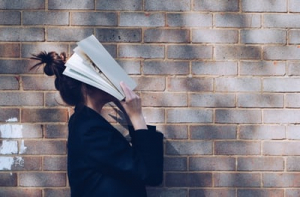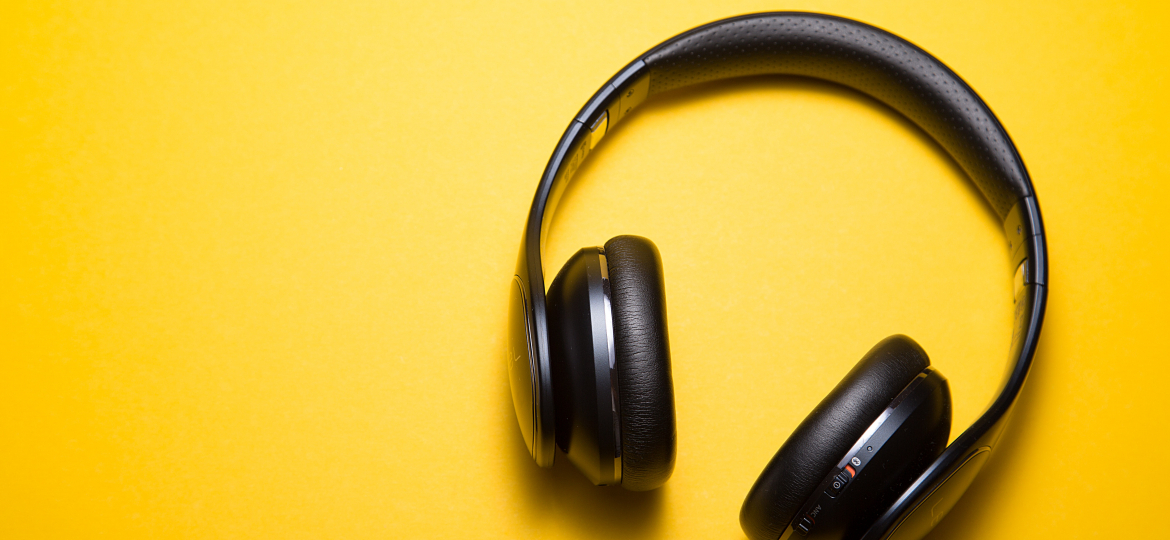In this post, we explain everything you need to know about the DELF Scolaire test.
Here you can find out:
- What’s included in the test and the levels it covers
- How to register
- Information about pricing, results and the certificate
- How to prepare
If you’re considering taking the DELF Scolaire exam, read on to get all the information you need in order to decide whether it’s the right certification for you.
Ready? Let’s dive right in.
In the category Introduction to the DELF exam, we have gathered all the practical information you need for your test preparation.
About the test DELF
The DELF Scolaire is part of the wider DELF certification that is overseen and issued by the French Ministry of Education. There are DELF Prim, DELF Tout Public and DELF Junior sisters of the DELF certifications. The test is aimed specifically at younger language learners from age 11 to 18, who are enrolled in a private or public school. DELF test was updated in 2019 and the changes are effective since 2020.
The DELF Scolaire test is available at four levels, from A1 to B2. These levels correspond to the Common European Framework of Reference (CEFR) for language levels and are internationally recognized. The certification offers official proof of your French level that is often sought out by French universities and employers.

What does the exam cover?
The structure of the DELF Scolaire exam is the same as for the normal DELF certificate. The exam is designed to test your French level across four key skills: listening, reading, writing, and speaking.
The only difference is the content of the exam itself, which is orientated towards school-age students. The exercises, vocabulary and topics cover themes such as school, sports, and pastimes.
How to register
You can take the test whether you are living in or outside of France, but your school must have an agreement with the French embassy or French Alliance to qualify for the DELF Scolaire.
There are two examination sessions per year, in January and April/May, and registration takes place a few months before. Your school will be able to guide you through the registration process, which involves completing a simple form and paying a fee.
What’s the difference between DELF Scolaire and DELF Junior?
If your school doesn’t have an existing agreement with the French Embassy or French Alliance, you can take the same test with an external examination center, known alternatively as DELF Junior.
The content, skills and certification provided in the DELF Scolaire and DELF Junior exams are exactly the same and the difference between the two is purely administrative.
We also have written an article about the differences between the DELF and the TCF exams.
Practical information
DELF exams take place over one day and are divided into two parts. The reading, writing and listening test takes place first, followed by an oral examination.
The duration of the test differs across levels and you can use the following as a guide:
- A1: 1 hour and 20 minutes plus a 5-6-minute oral
- A2: 1 hour and 40 minutes plus a 7-8-minute oral
- B1: 1 hour and 45 minutes plus a 15-minute oral
- B2: 2 hours and 30 minutes plus a 20-minute oral
How much does it cost?
The DELF fees can vary slightly, but they start at around €35 for an A1 or A2 test, to around €48 for the DELF Scolaire B1 and B2 levels.
The DELF Junior test may be more expensive at a price of €55 or €75.
What about the certificate?
If you pass the exam, you will receive your official certificate about three months after the publication of the results. You can consult your test results online using your DELF candidate number.
If you need proof of your language level more quickly, it is also possible to request a temporary attestation in advance.
The certification you receive for the DELF Scolaire is exactly the same as for the DELF and the certificate does not specify which version of the test you took. Just like all DELF certificates, the DELF Scolaire certification is also valid for life.
Preparing for the test with GlobalExam
The best way to ensure success is to prepare in advance. Whether you’re starting out at A1 or have set your sights on the DELF Scolaire B1 or B2, you can find a range of DELF-specific learning materials adapted to your level on GlobalExam.
Our e-learning platform is a great place to start for identifying your level and tracking your progress as you study. If your test is a way off, you can start with the free test preparation content that includes revision sheets and practice exercises.
As the test gets closer, you might want to take advantage of our premium resources, including a personalized learning plan, statistics and corrections, and the chance to take the test under real exam conditions.
If the DELF Scolaire is for you, there’s no better time than the present to start studying!



